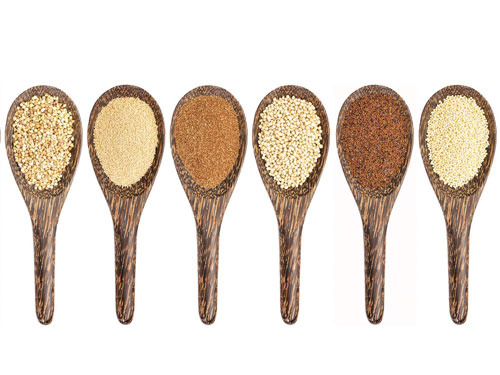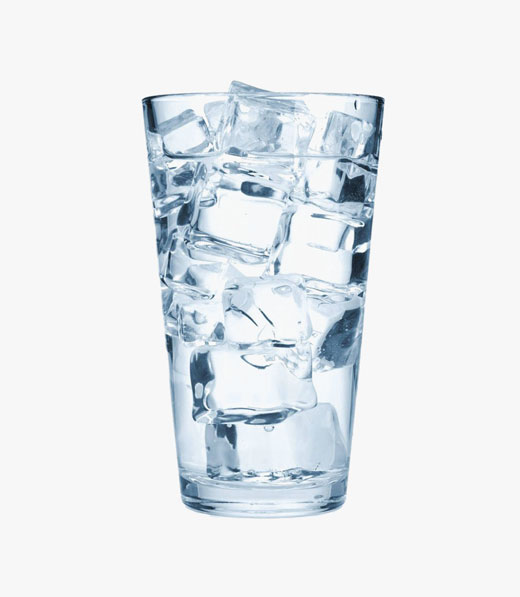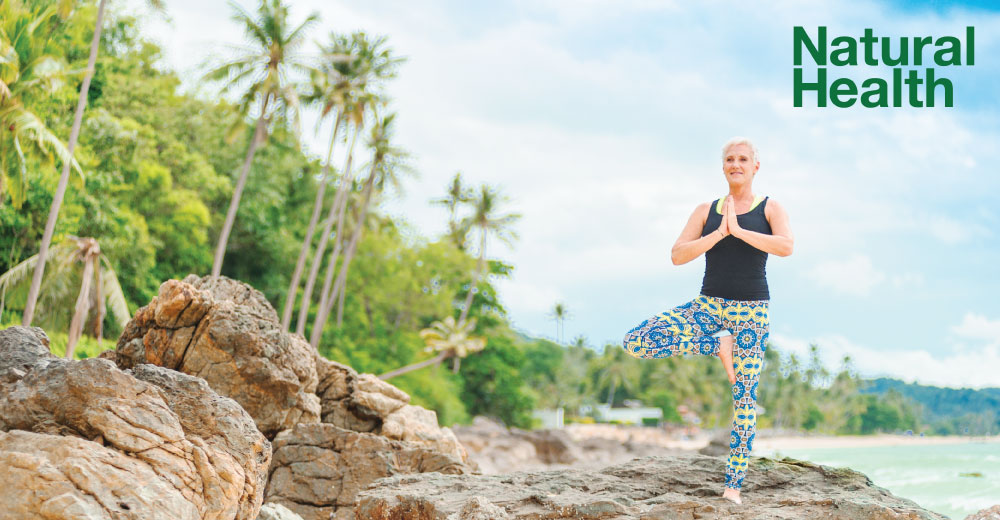It’s one thing to feel naturally fit and healthy when we’re still young, but as many people who have reached the golden ages can testify, it’s a whole new story when you’re striving to maintain that optimistic feeling of strength and wellness as the years pass by. So, how do you keep that spring in your step despite your body’s natural inclination to eat away at your energy, your physical and cognitive abilities, and basically your overall zest for life?
It’s fated that we will all age at the end, and our bodies will show the signs of aging, one way or another. Do we have to take this sitting down, though? Well, that’s actually up to you. It’s how you see yourself as an elderly person in the future, and how much you’re willing to do for your body now to take better care of it, really.
When your body begins to forget about natural healing, and starts to get ‘lazy’ on its own, that’s when frailty sets in, paving the way for infections, injuries from falls, cognitive issues, etc. You’d think that this isn’t something you can avoid if you wanted to, right? Well, not necessarily, for it has been proven time and again that while aging is natural, the way we age is however, greatly linked to our lifestyles, past and present!
Identify the early signs of frailty
There are signs that someone is beginning to turn frail, and they are as follows:
- The body begins to shrink, whereby the individual may unintentionally experience drastic weight loss, without making any changes to their diet or lifestyle
- A steady loss of strength, leaving the individual too weak to even stand up easily from a sitting position
- A steady loss in grip strength
- A feeling of exhaustion whereby it takes more effort than usual to get simple physical tasks done
- The zest for life is low, with loss of interest in activities that were enjoyed before
- The pace of walking is slowed down – it takes more than 6 seconds to walk a distance of four and a half meters (15 feet).

How to stay sprightly and healthy
With the right attitude and desire to be healthy, very little can come in your way of achieving optimum health, at any age! Here are the main guidelines that will set you on the right track.
- Switch to a healthier diet
People make the mistake of assuming that the older you get, the less protein you need. Ironically, the less protein you consume, the less you’ll be able to maintain healthy, stronger muscles! Generally, you should aim for three healthy meals a day which includes protein, fibre, vitamins, minerals and healthy fatty acids. Your diet should also include probiotic-rich foods for better gut health.
Vegetables, whole grains, fruits, yogurt, meat and/or poultry, fish as well as healthy fats such as avocados, olive oil, etc should be regularly consumed. Those who have low tolerance to dairy should consume more beans for protein, as well as leafy greens for calcium. If you’re really serious about going on a healthy diet, or if you’re unsure of what kinds of food will suit you, it will be worthwhile to consult a nutritionist for advice.
Maintain good muscle mass
Your muscles contract to power movements, and their mass refers to their size. The greater your muscle mass, the larger and denser your muscles are. The related term lean body mass is the weight of your muscles, bones, ligaments, tendons and internal organs. You can help your body maintain better muscle mass by eating enough protein and keeping as physically active as you can. Regular exercise cannot be overemphasized, for any age group, even the elderly – for it is the key to better health and one of the best ways to avoid loss of muscle mass.
Walking, is by far, still the best form of exercise for anyone over the age of 50 who is trying to stay healthy. It is low impact and yet effective in helping to keep the body mobile. Walking improves the blood flow to the entire body, whereby adding simple movements as raising your hands, waving your arms around as well as lifting your knees higher now and then while walking will serve to add more benefits to your exercise. Note: A pair of good quality walking shoes will go a long way in minimising the risks of aches and pains in your heels. For added comfort, a comfortable pair of insoles may help too.
If you happen to be more physically capable (e.g have been exercising before, are no stranger to physical movements, etc), you may want to consider yoga or tai chi, for instance. Not only are they physically beneficial for you, they also help power up your mind too.
- Keep mentally alert
Keeping physically fit is one thing, but as you get older, keeping your mind active is also essential for a more gratifying aging experience. After all, who wouldn’t want to enjoy their golden years? While there are many elderly people who are capable of indulging in activities such as traveling around the world and making the most of their senior years, just as many simply cannot do so due to impaired mental abilities, where absent-mindedness and forgetfulness are the main issues.
How does one keep mentally alert, then? For one, never stop learning. Wherever there is an opportunity to learn a new skill, take it on! Learning is a fool-proof way to keep those brain cells working and active. Games and puzzles work wonders too. Solving a Sudoku puzzle, for instance, is a brilliant way to stay mentally sharp. Other puzzles work just as well, so get a pencil and go for it!
The power of whole grains
Much of the world’s diet consists of processed or refined grains such as white bread, white rice, baked goods made from refined flour, etc. These have been stripped bare of their beneficial nutrients. In comparison, whole grains, such as whole wheat, brown rice and barley still have their fiber-rich outer shell, called the bran, as well as the inner germ. They provide vitamins and minerals too. Choosing whole grain food products such as cereals, breads and more may lower the risk for heart disease, type 2 diabetes and cancer. Plus, they improve digestion and keep issues such as constipation at bay.

Avoid dehydration
This may sound deja-vu of the advice you may have heard since your school days, but, seriously, as you age, you tend to not feel as thirsty as you should. It’s just one of those things that we have to accept – and work on. So, drink your 8 glasses of water a day, and keep dehydration at bay. Why? Because being even mildly dehydrated only serves to worsen the symptoms of aging. Weren’t you going the other way?


